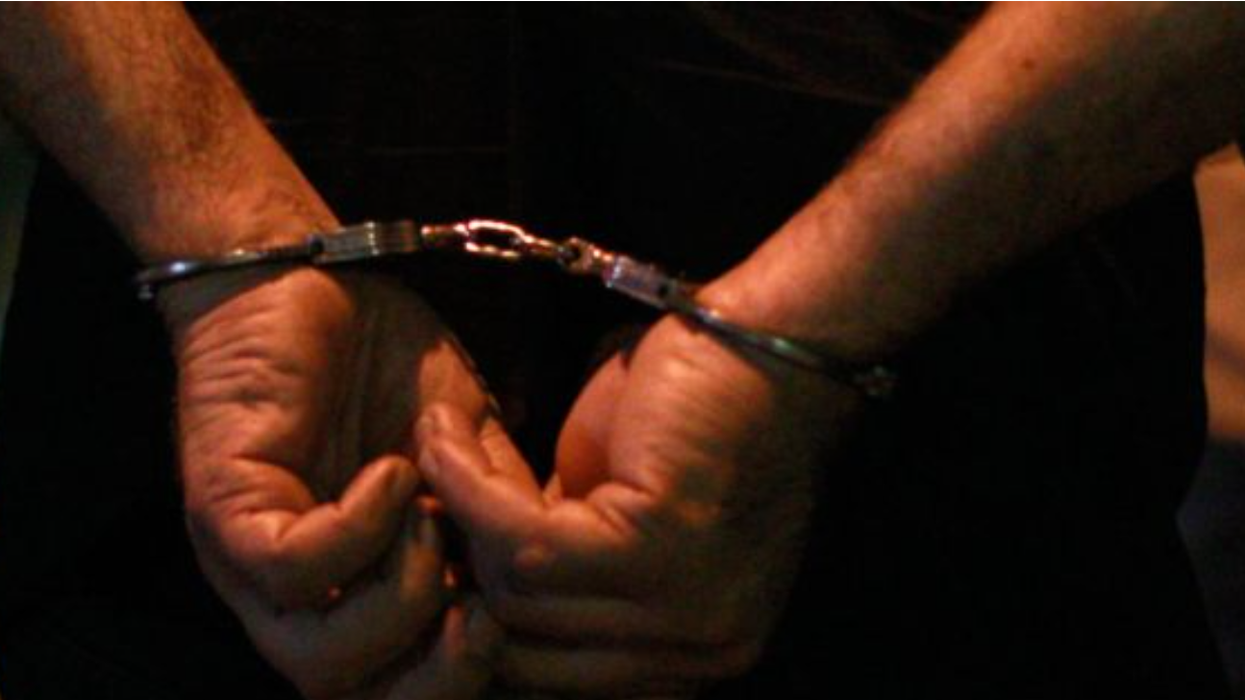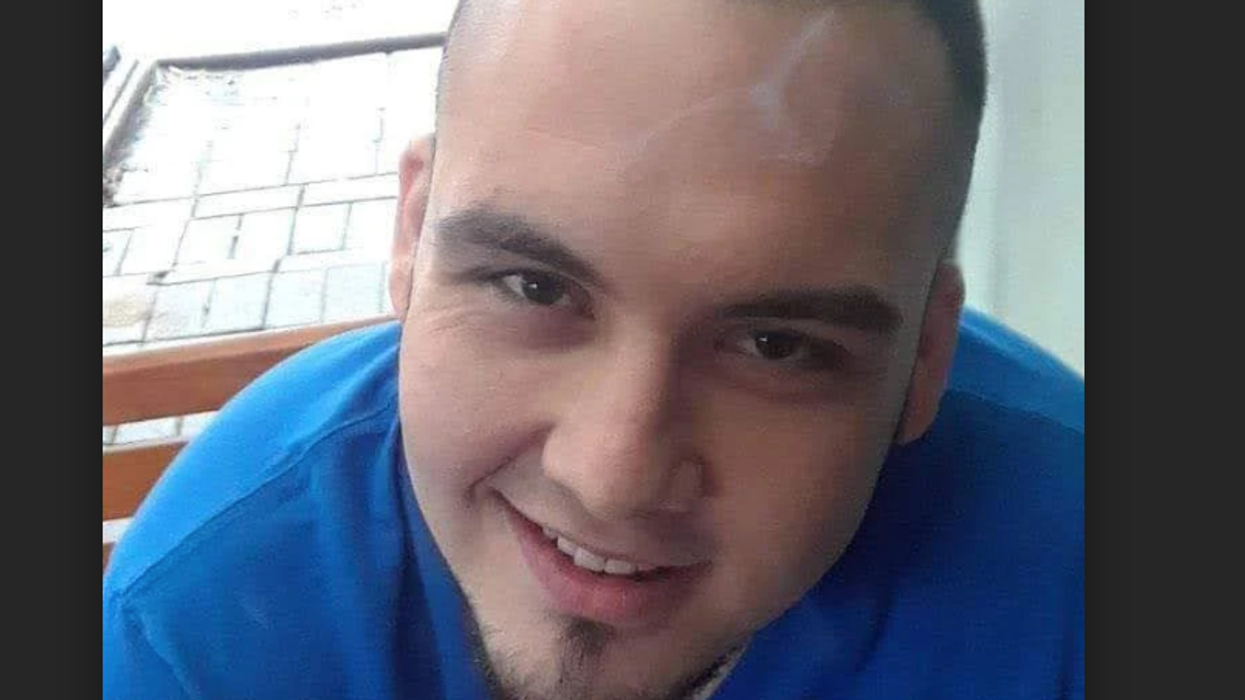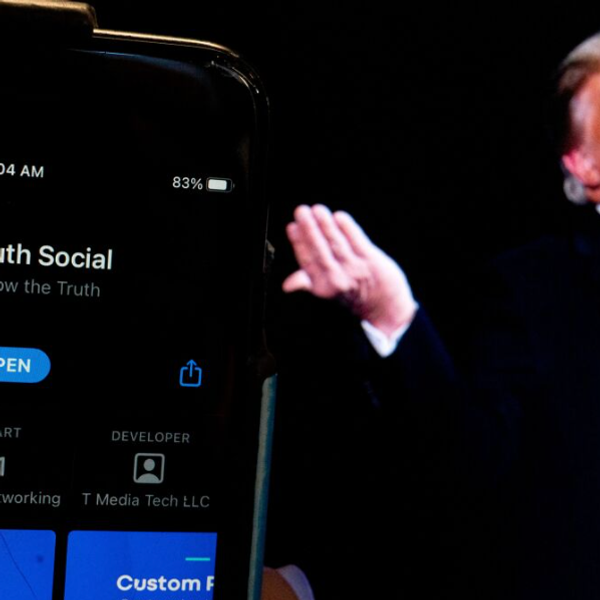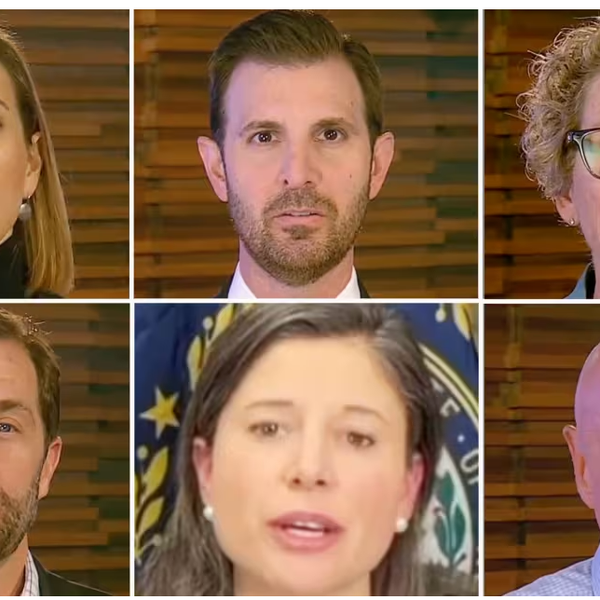Why The Constitution Can't Protect Us From 'Cruel And Unusual' Punishment
On February 4, 1960, two Los Angeles police officers noticed "scar tissue and discoloration on the inside" of Lawrence Robinson’s right arm, and "what appeared to be numerous needle marks and a scab which was approximately three inches below the crook of the elbow.” Officers Brown and Lindquist didn’t witness Robinson committing a criminal act; they simply noticed his arm and engaged with him. The officers said Robinson admitted to using drugs in the past so they arrested him for the crime of “being addicted to the use of drugs”; at the time, Section 11721 of the California Health and Safety Code criminalized simply being an addict.
Robinson denied any admission of narcotics use at trial, yet a jury convicted him of the misdemeanor and the court sentenced him to 90 days in the Los Angeles County Jail and two years of probation.
Robinson’s appeal of his conviction ended Section 11721. His bid to overturn the judgment against him reached the Supreme Court of the United States where the Court invalidated the law by deeming it unconstitutional; by punishing a person for a medical condition, the statute violated the Eighth Amendment prohibition against cruel and unusual punishment. Sadly Lawrence Robinson died of a “probable overdose” in a Los Angeles alley on August 5, 1961, according to the Los Angeles Times.
Our highest court was much more enlightened 62 years ago. But the Robinson decision was important for another reason besides medicalizing addiction: it extended Eighth Amendment protections to those held in state and municipal custody; the framers of the Bill of Rights had anticipated the Amendment’s applying only to the way the federal government treated people it confined.
At the time, 218,830 people were incarcerated in state and federal prisons on felony convictions. The Robinson decision should have been a boon for all of them and the millions who would come after. But it wasn’t.
Since the decision, here’s what doesn’t get Eighth Amendment protection from the courts: subjecting an inmate to needless exploratory surgery to find contraband in his rectum that was never there, or denying surgery to a man who had headphone mesh pushed further into his ear, against his eardrum, by a correctional nurse. Elbow macaroni with maggots doesn’t cut it for “cruel and unusual.” Nor do poisonous metals like radium and lead in the drinking water. Even causing pain during capital punishment doesn’t violate the Eighth Amendment in this country.
While no court has even contemplated Greg Corley’s case — after sheriffs dislodged a stent by handcuffing him behind his back and the Denton County Jail withheld medical treatment for months, until Corley’s arm was beyond remedy — the chances are low that any court would decide that compromising the blood supply to his arm was cruel or unusual punishment.
The case of Greg Corley, who was denied care to the point that amputation was the only way to save his life, suggests the Eighth Amendment isn’t sufficient to protect inmates’ overall health, much less their emergency medical needs. While Corley never made an Eighth Amendment claim about his arm — that would happen either through a lawsuit alleging that jail officials violated his civil rights or through a petition for a writ of habeas corpus that claims his incarceration was itself illegal — he’d probably lose it.
The Eighth Amendment covers only people within a system of punishment, not the ones without. Free individuals don’t need constitutional coverage; regulatory law protects them. But Aaron Littman, assistant professor of law and deputy director of the COVID Behind Bars Data Project at the UCLA School of Law, noted in a recent Yale Law Journal article titled “Free-World Law Behind Bars,” regulation “recedes” in correctional spaces.
In fact, regulation recedes so much that many times, the doctors who treat prisoners aren’t licensed to do so, with instances of unlicensed doctors providing care to incarcerated populations in Kansas and Louisiana. In 2018, the National Commission on Correctional Healthcare issued standards for healthcare providers in corrections, and one of the standards is that they actually be licensed; nevertheless, licensure of a prison doctor cannot be assumed.
When I go to a hospital, I know that my constitutional rights don't have anything to do with whether I'm treated by a licensed physician in accordance with certain standards. It's not a constitutional question. It's a regulatory question. And that same thing needs to be true in a prison," said Littman said in a recent interview.
Marty Buchanan, the doctor assigned to the detention center that held Corley, is licensed to practice medicine in the State of Texas, without any reported instances of malpractice or misconduct. But if ignoring a gangrenous limb like Buchanan did and offering the patient a benzodiazepine tablet rather than an examination is the standard of care provided by a doctor with an unblemished record, expecting better care from those who have lost their licenses seems overly optimistic.”Other kinds of critical public institutions like hospitals and schools are the subject of very significant amounts of regulation because we think, ‘Oh well, what they do is important. It may affect whether somebody lives or dies.’ And yet people don't actually have voluntary choice about whether they're in them. So it's really important that we make sure that they're meeting basic standards, that they're operating in ways that are keeping people safe and healthy,” Littman said.
But somehow, over 62 years of the Eighth Amendment applying to anyone held in custody, no one, not even physicians treating inmates, has effectively taken up the cause, at least not effectively, to raise the standard of care for incarcerated people.
Littman says the reason for this is that advocacy for incarcerated people has focused on constitutional law for the most part.
“There are things that [constitutional claims have] failed to do, [are] increasingly failing to do in addressing conditions in prisons and jails. I think it's time, not to pivot away from constitutional litigation, but add to the toolkit. Different kinds of regulatory advocacy to try to say, ‘no, no, incarcerated people are members of our community just like anyone else [are needed]. And actually, they need to be protected by the same health and safety and wellness systems,’” he said.
Even while he languished in Texas county jails, Greg Corley was a member of the community and he deserved the same care as anyone who walked into any Texas hospital. He didn’t get it, at least not in time. By itself, his case is a clarion call for more regulation — and perhaps less United States Constitution — behind bars. Incarceration in this country has become so bad that even our founding document can’t protect the vulnerable anymore.Chandra Bozelko did time in a maximum-security facility in Connecticut. While inside she became the first incarcerated person with a regular byline in a publication outside of the facility. Her “Prison Diaries" column ran in The New Haven Independent, and she later established a blog under the same name that earned several professional awards. Her columns now appear regularly in The National Memo.










